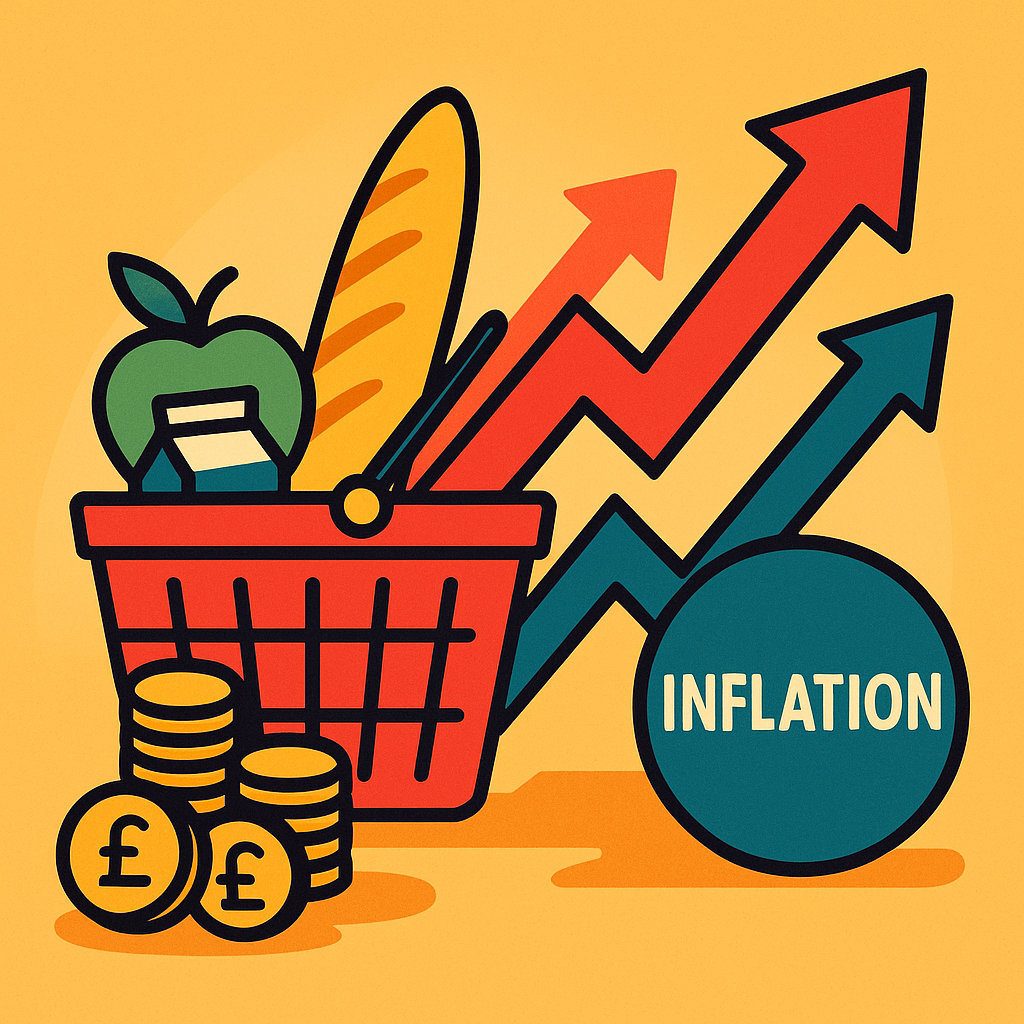Latest figures from the Office for National Statistics show that food and non‑alcoholic drink prices were 4.9 % higher in July 2025 than a year earlier. That may not sound dramatic, but over the past five years the price of a typical food basket has risen by about 37 % – far ahead of the roughly 5 % increase seen in the previous five‑year period.
Several factors are behind this persistent inflation. Poor harvests have pushed up the price of staple ingredients at home and abroad; farmers say drought in parts of the UK has reduced crop yields, while extreme weather elsewhere has driven up wholesale costs for commodities like coffee and cocoa. Supply chains are also still feeling the effects of Russia’s invasion of Ukraine, which continues to disrupt exports and raise input costs for products such as wheat, sunflower oil and fertiliser.
These pressures are showing up on the shelves. Annual price growth to July 2025 was particularly steep for some goods – beef and veal prices rose by 24.3 %, coffee by 18 %, chocolate by 17.2 % and fruit and vegetable juices by 8.6 %. Businesses also face higher wage costs and employer National Insurance contributions; many restaurant and café owners say they have little choice but to pass on increases to customers. As a result, research suggests people are cutting back on fast food and casual dining and opting for smaller treats instead.
Higher food bills hit low‑income households hardest because a larger share of their budget goes on groceries, leaving them with fewer ways to economise. People on higher incomes can switch to own‑brand products, but even those with comfortable salaries are beginning to feel the squeeze as mortgages, car payments and other fixed expenses add up. Analysts expect food price inflation to peak at around 5.5 % later this year before easing to between 2 % and 3 % in 2026. With the autumn Budget approaching and several Bank of England interest‑rate meetings still to come, policymakers will be watching the next round of inflation data closely.
This post summarises information reported by BBC News on 20 August 2025.

